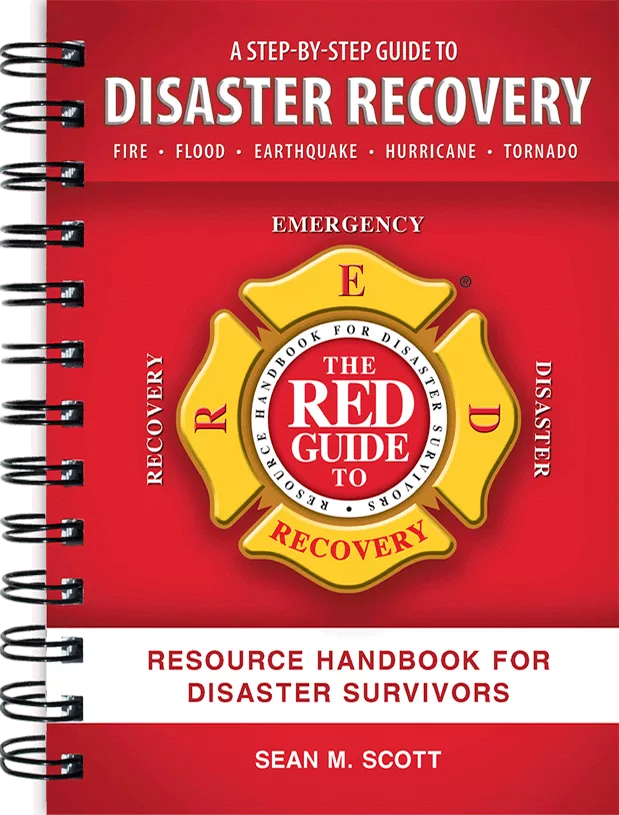A Crisis Abroad: Restoring Thailand
People matter to ServiceMaster Recovery Management (SRM) and it is critical that this philosophy be exhibited when responding to an international crisis due to the cultural differences and language barriers that could potentially exist.
For instance, heavy monsoons and successive typhoons left nearly 800 people dead and more than 8 million affected across Thailand, Cambodia, Laos, Vietnam and The Philippines throughout the summer and fall of 2011. In Thailand, the floods were the most devastating in half a century, covering an area about the size of Florida. They impacted more than 14,000 factories (displacing more than 600,000 workers) disrupted global supply chains, destroyed farms and caused an increase in worldwide prices for certain supplies. Insured losses were estimated at more than $15 billion with the total damage expected to top $45 billion.
SRM arrived on the scene to provide emergency response services as well as business restoration to help companies return to pre-loss conditions. Specifically, in Ayutthaya, Thailand, water was 6-to 8-feet deep in the 40,000-square-foot Ayutthaya Hi-Tech Industrial Estate. Restoring the Industrial Estate presented challenges that they weren’t particularly used to facing during domestic projects.
“We did our first inspections from traditional Thai long-tail boats, those extended length canoes powered by small propellers on long shafts,” said SRM managing director Mark Fischer, who’s been involved with disaster response in the United States and a dozen other countries for two decades. And team members were advised to take protective shooters with them during these hours they logged on the water due to the threat of snakes and crocodiles that were displaced by the flooding and potentially seeking refuge in the building.
“We saw snakes, but fortunately, no crocs,” said SRM managing director Kyle Tomlin, of Sacramento, CA.
Aside from the potential of running into dangerous reptiles, there were other tremendous challenges. For example, it took six weeks for floodwaters to recede, which team members used as prep and recovery time. Finished products that were dry and safe on the upper levels of the facility were recovered and ferried to safety. “Then we moved it to storage so it could be shipped to customers,” Fischer said. “The client was really thrilled - we were able to retrieve five pallets of finished goods valued at $400,000.”
Once the waters receded, the teams cleared the plant of muck and debris. Then the building and everything in it was dried and cleaned and the equipment was restored to almost new operating condition. Nearly four dozen local laborers were organized into three-person teams with each team receiving cheat sheets that contained common English and Thai words to help everyone navigate the language barriers. Despite initial uncertainty and anxiety on both sides, recovery managers and local laborers bonded quickly and worked well together under difficult conditions.
The SRM team didn’t confine its efforts to the industrial plant despite the job’s daily demands. Team members often used their free time to travel to nearby villages to assist family and friends of the local temporary workers with needed cleaning and repairs.
“We wanted to show the people we encountered that Americans are people with caring hearts who work hard, and that’s what we did,” Tomlin said.
The approach paid off. Fischer noted that when the Minnesota team returned home, two more teams from Kansas City and Chicago were sent to Thailand to help a multi-unit operator with 40 stores in that country.
Angela Wheeler, a veteran claims consultant with RJR, a Marsh & McLennan Agency LLC who retained ServiceMaster for the formidable task, noted the SRM team saved the client lots of money.
“They recovered finished product,” she said. “They were able to negotiate and make things happen. We could have waited and done things differently … but because of SRM, our client was the first company in the industrial park to be completely dried out.”
Looking for a reprint of this article?
From high-res PDFs to custom plaques, order your copy today!






